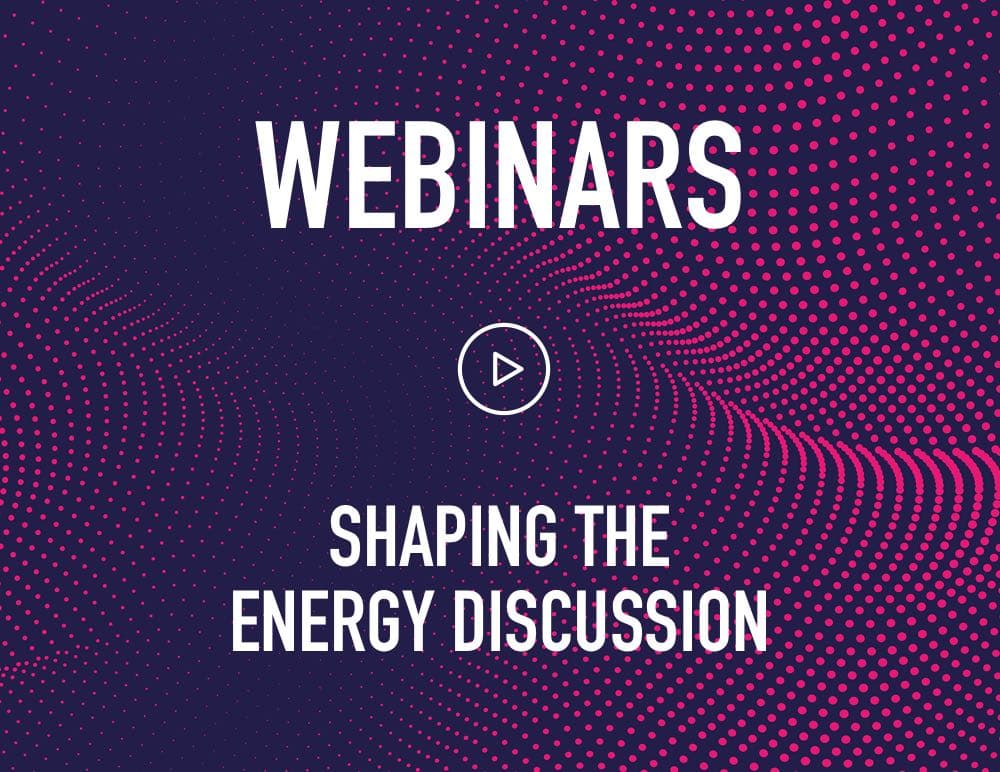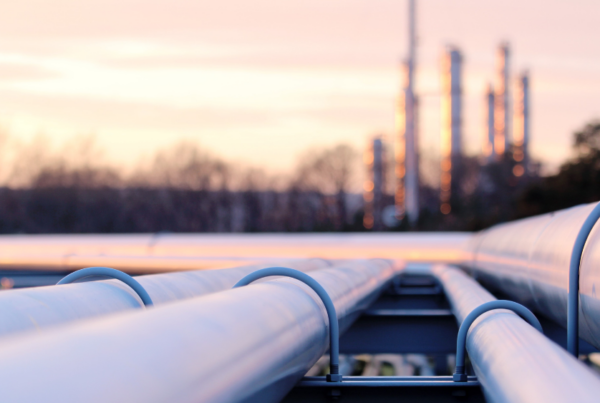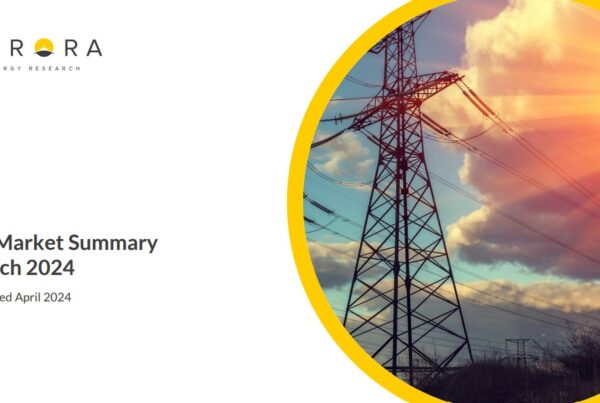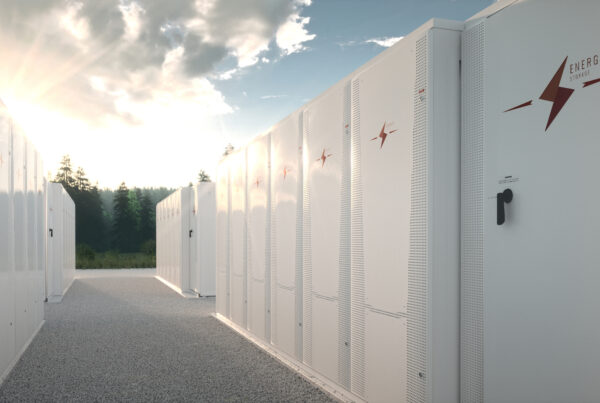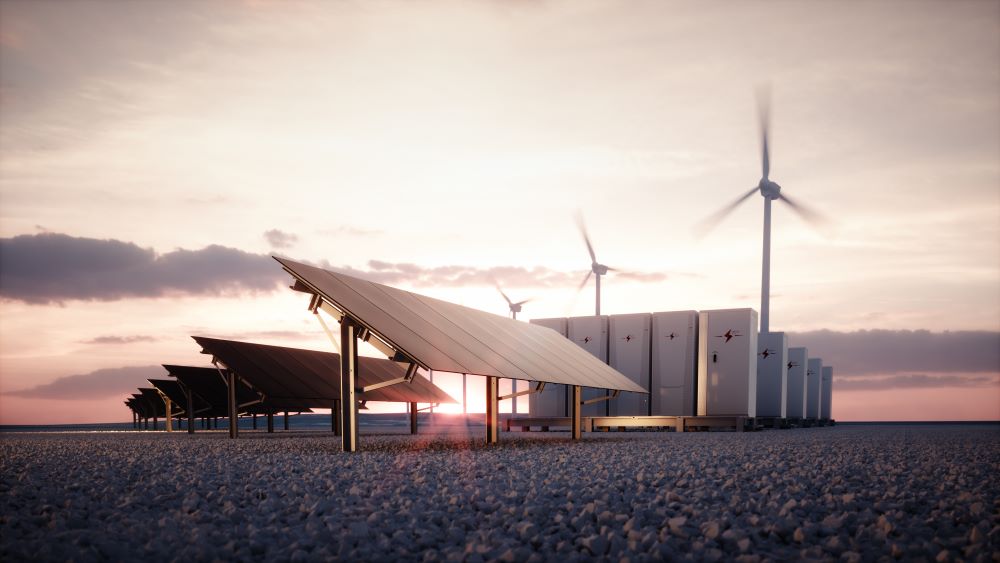
This report presents our analysis on power sector WACCs and highlights our clients’ expectations of WACCs and future uncertainties. It also looks at how IRRs for assets are expected to evolve with short-term weather fluctuations and longer-term uncertainties pertaining to the Net Zero transition.
The report was first presented during a group meeting in December 2020 and was subsequently updated to reflect feedback provided by clients.
Key messages to emerge from the analysis are:
- A total capital outlay of £238bn will be required to delivery 513 TWh of low carbon generation to meet GB’s ambitious 2050 Net Zero commitments. While the private sector is expected to play a significant role alongside government to deliver this, frequent deviations in policy framework adds significant uncertainty
- Aurora’s clients have indicated an expected average WACC of 5% – 11% which is expected to fall by 1-2 p.p. over the next 5 years. Key concerns highlighted by clients include regulatory/policy changes, wider ESG goals and weather-year risks
- Clients are split as to whether WACCs should be technology-specific. Of those that do use technology specific WACCs, renewables which have received subsidies or long-term PPAs posted the lowest WACCs (2 – 14%), while thermal technologies have the highest WACCs (5 – 16%)
- As renewables grow, power markets become increasingly affected by weather out-turns which can affect both generation and prices. Weather driven variations in gross margins are likely to be lower for renewables than that of gas generators as lower renewable production is typically paired with higher capture prices
- Long-term decarbonisation pathways could result in a £35/MWh range in baseload prices over the decade from 2025, which will continue to increase. This results in a range of project IRRs of 6 – 13% for renewables, and a lower range of 9 – 13% for thermal assets (due to countervailing/stabilising changes from the CM)
This is subscriber-only content. Not a subscriber yet? Find out more about our GB Power package.

